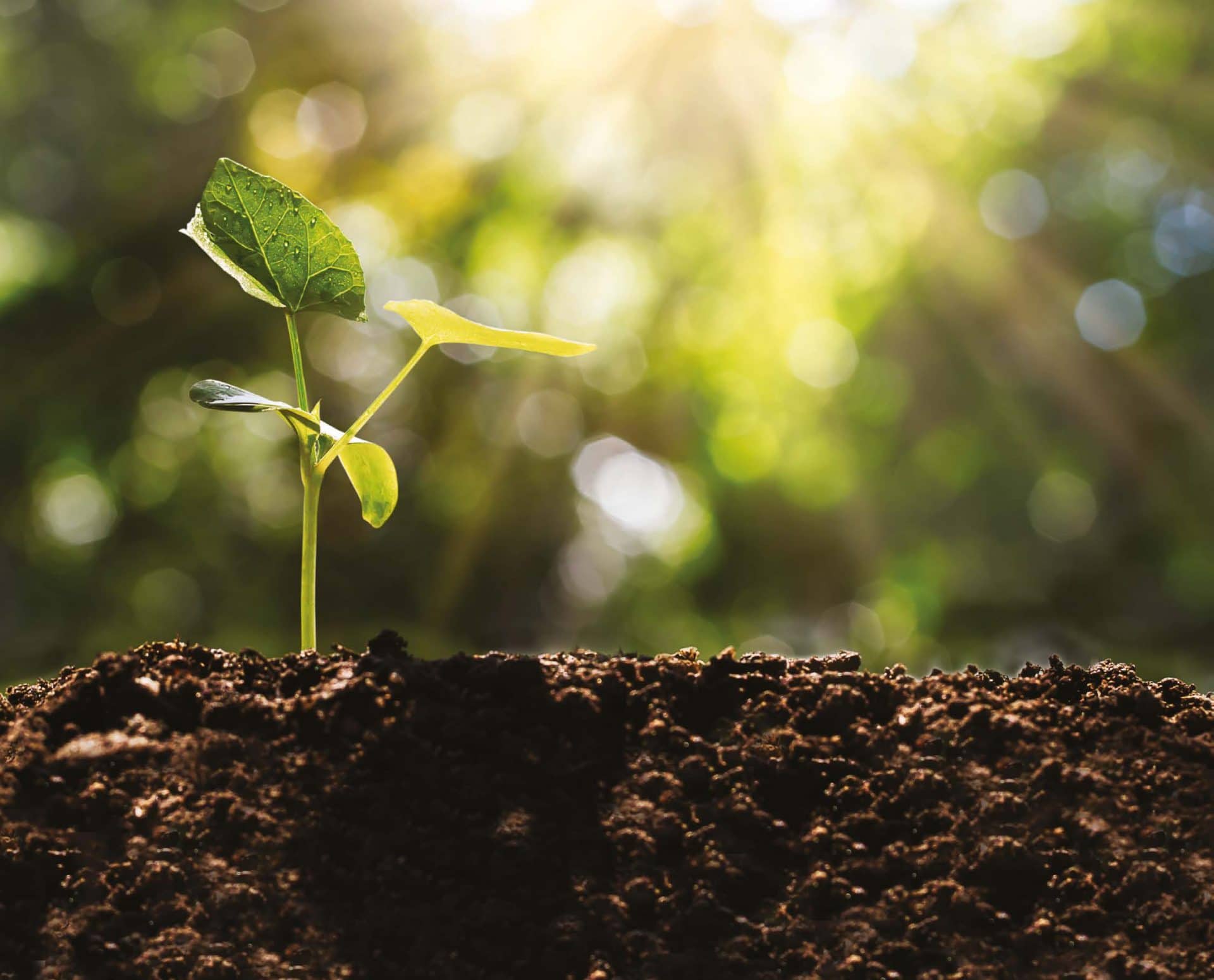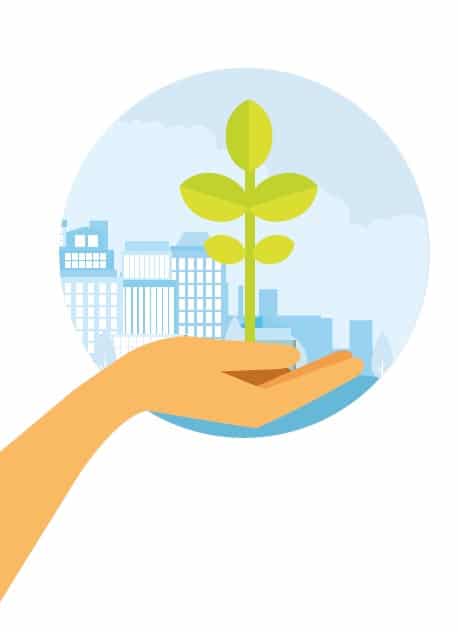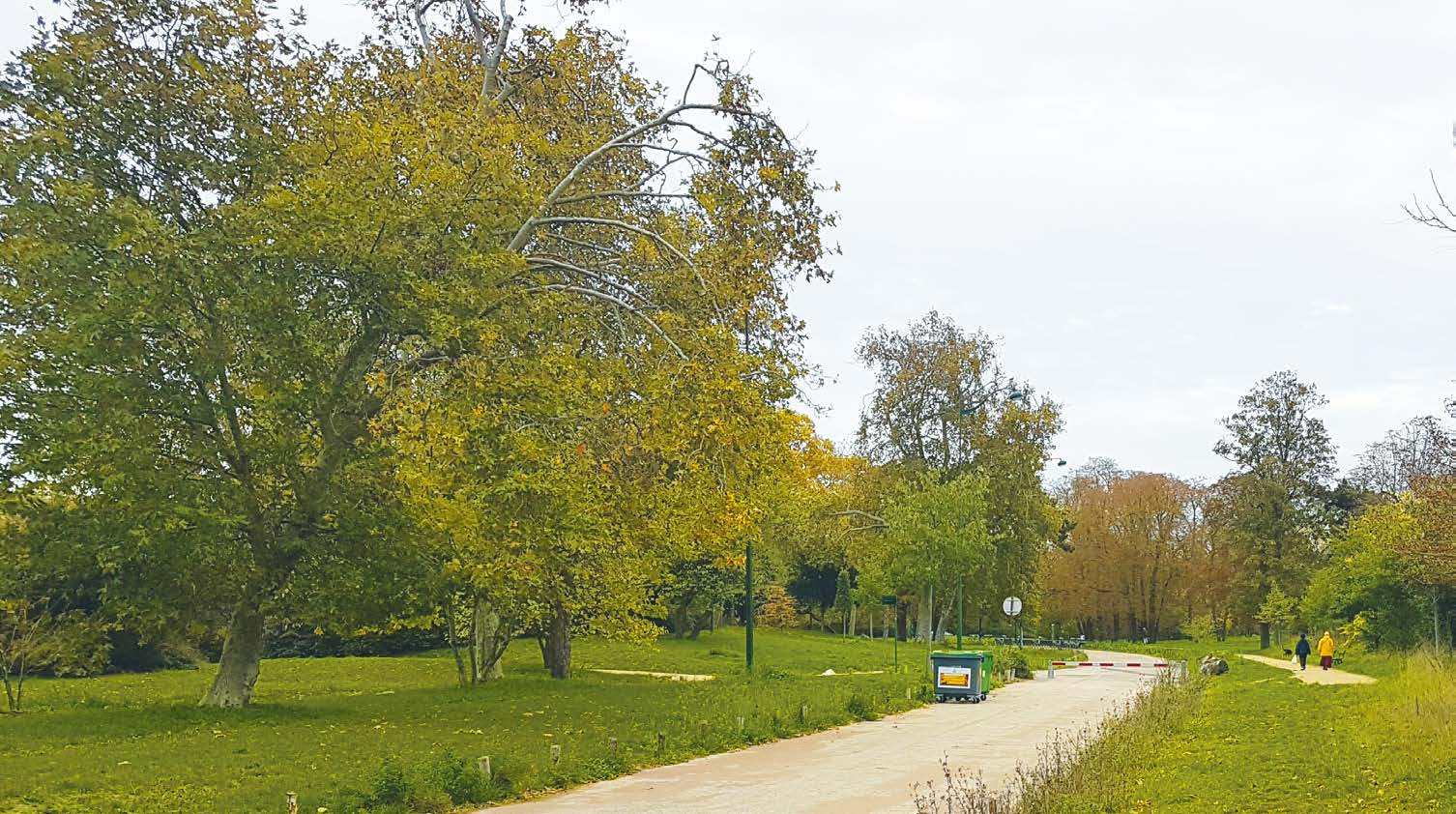At the heart of the 'circular economy' of excavated soil, Urbafertil makes it possible to recycle inert soil and plant/vegetable waste.
And to create, as part of a local loop, a growing medium that respects the environment.
Topsoil is a natural resource that needs to be conserved. It's important to limit imports of topsoil into cities as far as possible.
ECT's fertile substrate represents a 100% eco-friendly alternative:
• It reduces the carbon footprint of green urban developments and 're-naturing' for farmland, because it's produced near where it's going to be used.
• It is produced purely by recycling. It re-uses inert soil from the construction & public works sector and compost from green waste.
• This fertile substrate is a successful illustration of 'circular economy'.

Developing nature in the city means limiting the artificialisation of soils. This makes it possible to increase biodiversity and provide residents with spaces for relaxation, sport and leisure.
Urbafertil is less expensive than topsoil, which makes it possible to develop more green spaces and add to the well-being of town-dwellers.
When you create a technosol, you can vary the characteristics of the soil depending on its intended purpose: Vegetation, biodiversity, drainage and loadbearing capacity.
The Urbafertil fertile substrate can be used to encourage the circulation or retention of water and mineral elements, and to achieve greater stability and better loadbearing capacity for the ground.
ECT is the leader in France in the upcycling of inert soil. The company has unrivalled expertise in the management and classification of soils. ECT also has a subsidiary called BIODEPE, a business that specialises in organic waste and the fertilisation of soils. BIODEPE manages the supply of compost made from local green waste, and the production of a fertile mix.
ECT processes 15 million tons of excavated soil per year, so the company is able to meet all the supply needs of its customers. And is able to provide a substantial outlet for the green waste pathway in the Île-de-France region.
Urbafertil:
This growing medium can be used as a replacement for natural topsoils.
ECT's fertile substrate is recommended for grassland soils, for tree wells and for planters.
Urbafertil meets French national standard NF U 44-551:



Full-scale tests of the process and the results:
Trials of production and implementation; large-scale production.
Through a CIFRE contract, ECT supported the thesis of Charlotte Pruvost of the Paris-Est-Créteil University, "The potential for biodiversity in the construction of technosols from urban waste". This research analysed the returns for biodiversity of this type of fertile substrate. Presented before a doctoral jury for a PhD viva in 2018.
You can contact the Research & Development department :
